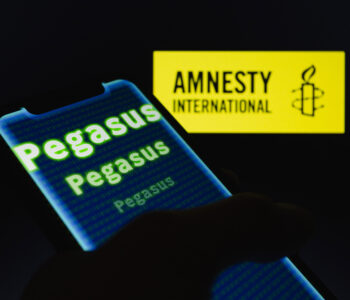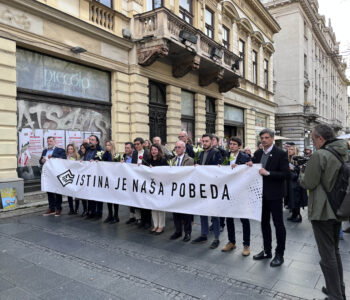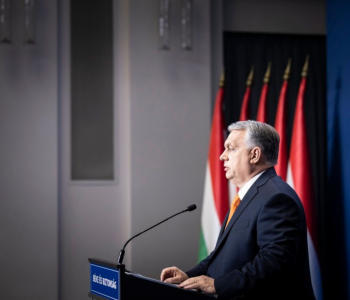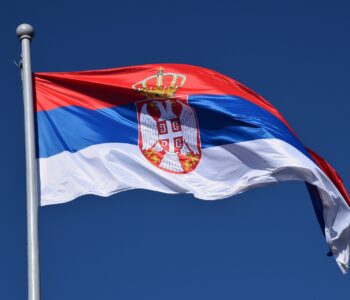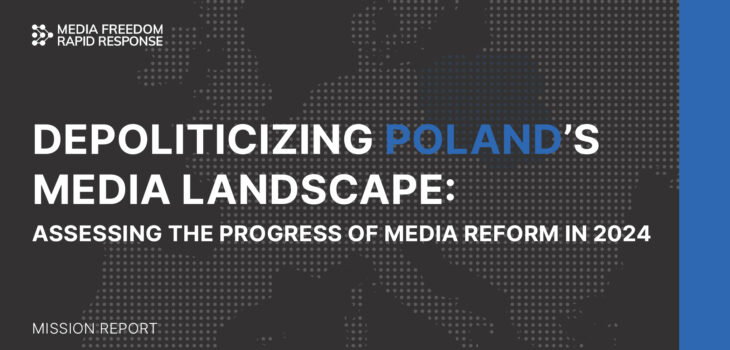
Mission Report
Depoliticizing Poland’s Media landscape: Assessing the progress of media reform in 2024
The Media Freedom Rapid Response (MFRR) today calls for more ambitious media reforms as it published its report ‘Depoliticizing Poland’s Media Landscape: Assessing the Progress of Media Reform in 2024’.
The report is based on the media freedom mission to Poland, 16-17 September, where MFRR members met with a range of government and media stakeholders to discuss the challenges facing media and the challenge of media reform since the 2023 elections.
Key mission findings include:
- The media freedom situation in Poland has improved substantially with much greater independence of public media, a drop in vexatious lawsuits, better levels of media pluralism and an end to abuse of state funds to influence media.
- While public media has shed its propaganda role, it remains neither fully objective nor reliably depoliticised. The government has much to do to guarantee the future political and financial independence of public media.
- The broadcast regulator, KRRiT, remains highly politicized and continues to abuse its powers to issue fines against media.
- Media pluralism concerns, which were acute in 2023, have eased with the improved independence of the public broadcaster and PKN Orlen’s decision to sell Polska Press.
- The distribution of state advertising, weaponized by previous governments to deny funds to critical media, is to be reformed to improve the fairness and transparency of the process.
- The threat from SLAPP cases has significantly diminished and we welcome the Ministry of Justice’s plans to transpose the EU’s anti-SLAPP Directive and to decriminalize defamation.
Despite progress, MFRR calls on the government to implement urgent and ambitious reforms to ensure the future of the public broadcaster in a non-linear market, strengthen safeguards for its future independence, reform media regulators, and to protect media pluralism, media sustainability and editorial independence.
MFRR urges the government, as it brings legislation into line with the European Media Freedom Act (EMFA) and the Anti-SLAPP Directive, to go further than the minimum standards in order to be able to fully tackle the risks of media capture and protect media from vexatious lawsuits.
Poland has the opportunity to become a model of media reform and media freedoms. If successful, it would set an example for other countries seeking to wind back the impact of politically driven media capture, as well as to build strong safeguards against its return.
The Media Freedom Rapid Response mission partners included the European Centre for Press and Media Freedom (ECPMF), the International Press Institute (IPI), ARTICLE 19 Europe, the European Federation of Journalists (EFJ) and Free Press Unlimited (FPU).



